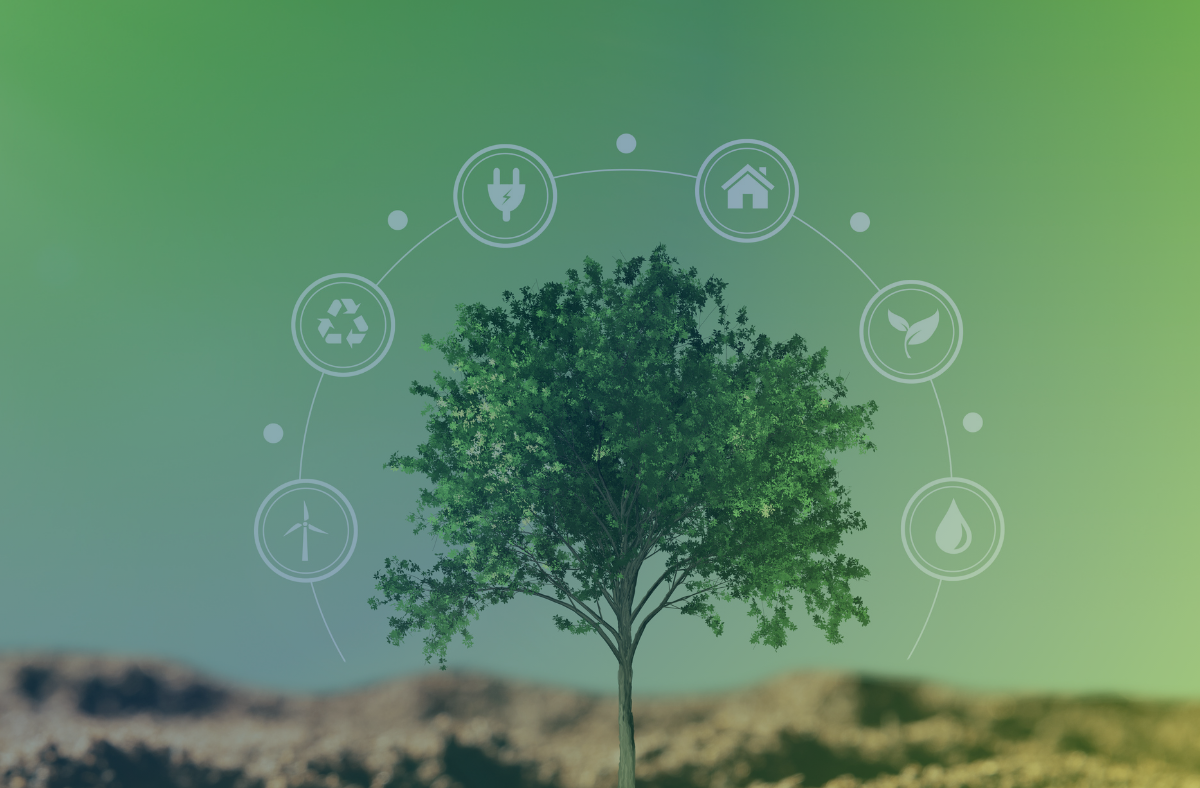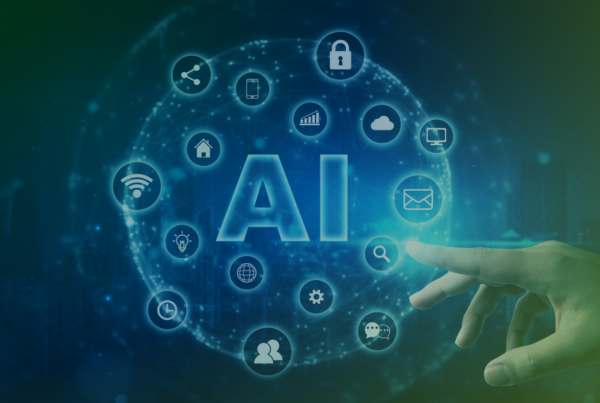Now that we’ve entered 2025, sustainability remains at the forefront of business innovation and strategy. Companies are under increasing pressure to not only meet regulatory requirements but also to exceed stakeholder expectations around environmental responsibility. Here are five key sustainability trends that businesses should embrace to stay competitive and impactful in the coming year
- Accelerated Renewable Energy Adoption
Renewable energy is no longer optional for businesses looking to reduce their carbon footprint. With falling costs for solar, wind, and battery storage technologies, more organizations are committing to 100% renewable energy goals. Power Purchase Agreements (PPAs) and on-site energy generation, such as rooftop solar installations, are becoming more accessible even for mid-sized businesses.
What businesses can do: Explore partnerships with renewable energy providers or assess the feasibility of installing on-site generation systems.
-
AI-Driven Energy Optimization
Artificial intelligence is revolutionizing how businesses monitor and manage their energy consumption. AI-powered systems can predict energy demand, optimize HVAC systems, and identify inefficiencies in real-time. These technologies not only lower operational costs but also contribute significantly to sustainability goals.
What businesses can do: Invest in smart building technologies or partner with energy management providers that offer AI-driven solutions.
-
The Rise of Carbon Credit Marketplaces
As more businesses aim for net-zero emissions, carbon credit trading is becoming a vital tool for achieving these goals. Marketplaces for carbon credits allow companies to offset emissions by investing in projects such as reforestation or renewable energy development.
What businesses can do: Evaluate carbon credit platforms and integrate them into broader sustainability strategies to offset unavoidable emissions.
-
Water Conservation Technology
Water scarcity is becoming a critical issue globally. Businesses are adopting advanced water-saving technologies to reduce their impact. Smart irrigation systems, wastewater recycling, and water usage monitoring are gaining traction across industries, particularly in manufacturing and agriculture.
What businesses can do: Conduct a water usage audit and implement technologies that reduce water waste.
-
Supply Chain Decarbonization
Sustainability efforts are extending beyond internal operations to include the entire supply chain. Companies are partnering with suppliers to reduce emissions, implement circular economy principles, and ensure ethical sourcing.
What businesses can do: Engage with suppliers to set mutual sustainability goals and explore opportunities for collaborative carbon reduction initiatives.
Why These Sustainability Trends Matter
Adopting these sustainability practices isn’t just about meeting regulatory demands—it’s a strategic move that builds brand equity, reduces costs, and drives innovation. Businesses that prioritize sustainability today will be better positioned to thrive in a resource-constrained world.
Ready to enhance your business’s sustainability strategy? Renodis is here to help. Contact us at info@renodis.com or learn more about our sustainability services here to learn how we can support your energy and sustainability initiatives in 2025 and beyond.






